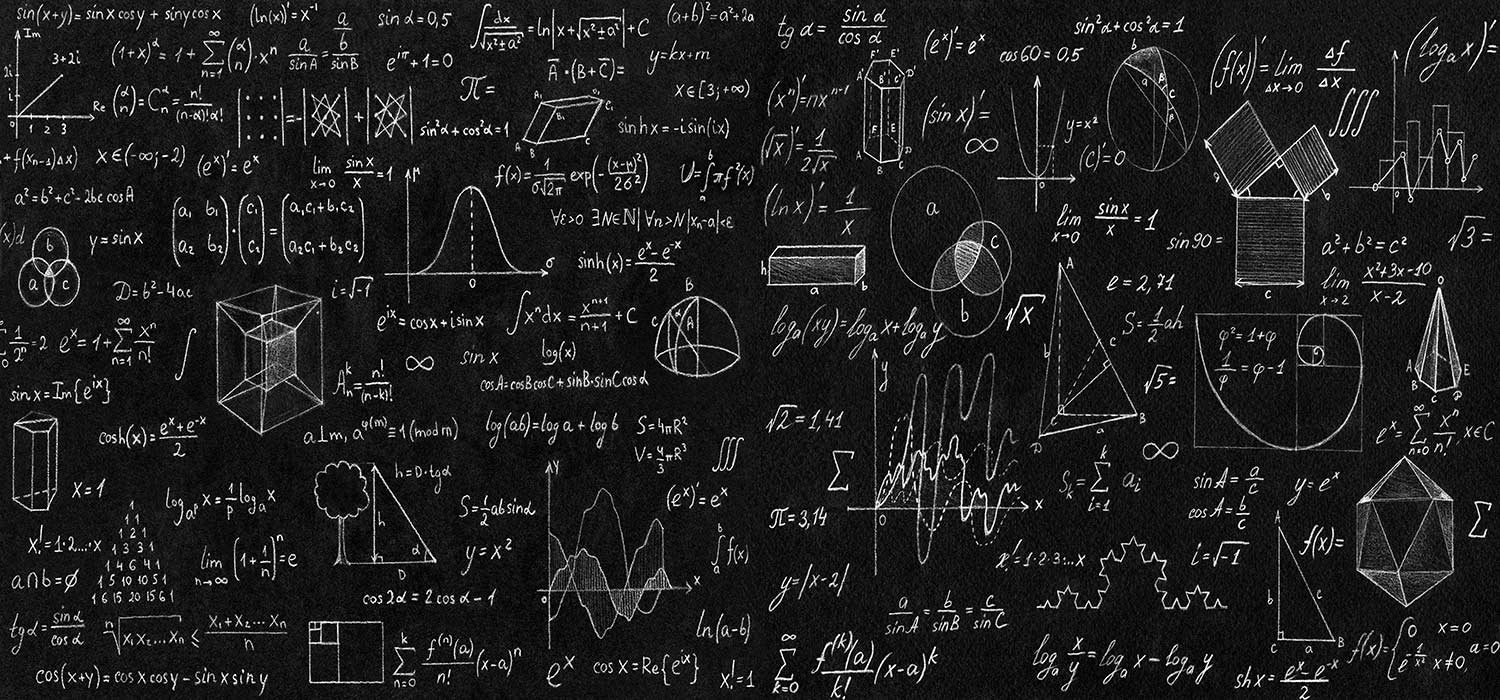Wall Street Journal
Adapted from the Wall Street Journal’s series “What I’ve Learned From the Pandemic”
Many people who love their high-tech smartphones refused to trust scientists when it came to Covid.
What I learned from the pandemic year is that when faced with a common enemy—an enemy of the entire human species—we regressed to basal, primitive instincts rather than band together to fight. This was a test run for an alien invasion, and we failed. I had naively hoped that the same tribal urges that pit human against human could be harnessed to pit all humans against the killer virus. But that did not happen.
We have apparently passed through a portal where pseudoscience, anti-science, fear-of-science and science-denial all thrive in our civilization. Where systems of cultural, political and religious belief override the objective truths established by the methods and tools of science.
If the enterprise of science were some newfangled, untested way of knowing, one might empathize with these sentiments. But the people who battle against science are the same ones who, for instance, wield and embrace their pocket-sized smartphones, which merge state-of-the-art engineering, mathematics, information technology and space physics. It’s an educator’s conundrum indeed.
So perhaps what I really learned during the pandemic year is that science needs better marketing—refined and persistent—so that no one will ever again take its discoveries for granted.
Imagine the ad campaigns: We fly through the air at 500 miles per hour, seated in a cushioned chair, inside a 100-ton metal tube, 30,000 feet above the ground—because of science. We communicate with practically anyone we’ve ever met, in an instant, no matter where they are in the world—because of science. We obtain immediate access to all the compiled knowledge of our species, at our fingertips—because of science. Neither you nor your mother died in childbirth—because of science. Most people used to die at 65 or 45 or younger, but we don’t anymore—because of science. And we are able to glean accurate insights about Earth’s past, present and future, especially its climate, our ecosystem and the forces we exert upon them—because of science.
In that imagined future, Covid-19 would never have become a pandemic. Everyone would have understood the risks of transmission. And the bastions of anti-maskers, thinking they cannot spread the virus to others, would look as silly as a swimming pool with a designated “Peeing Section.”
Until then, let’s not forget the efforts of lab scientists. Nobody writes stories about not dying by not contracting Covid-19. So maybe it’s time to praise the researchers who developed vaccines in record time. If heroes are those who save lives, then they are superheroes, for they have saved the lives of millions—because of science.


